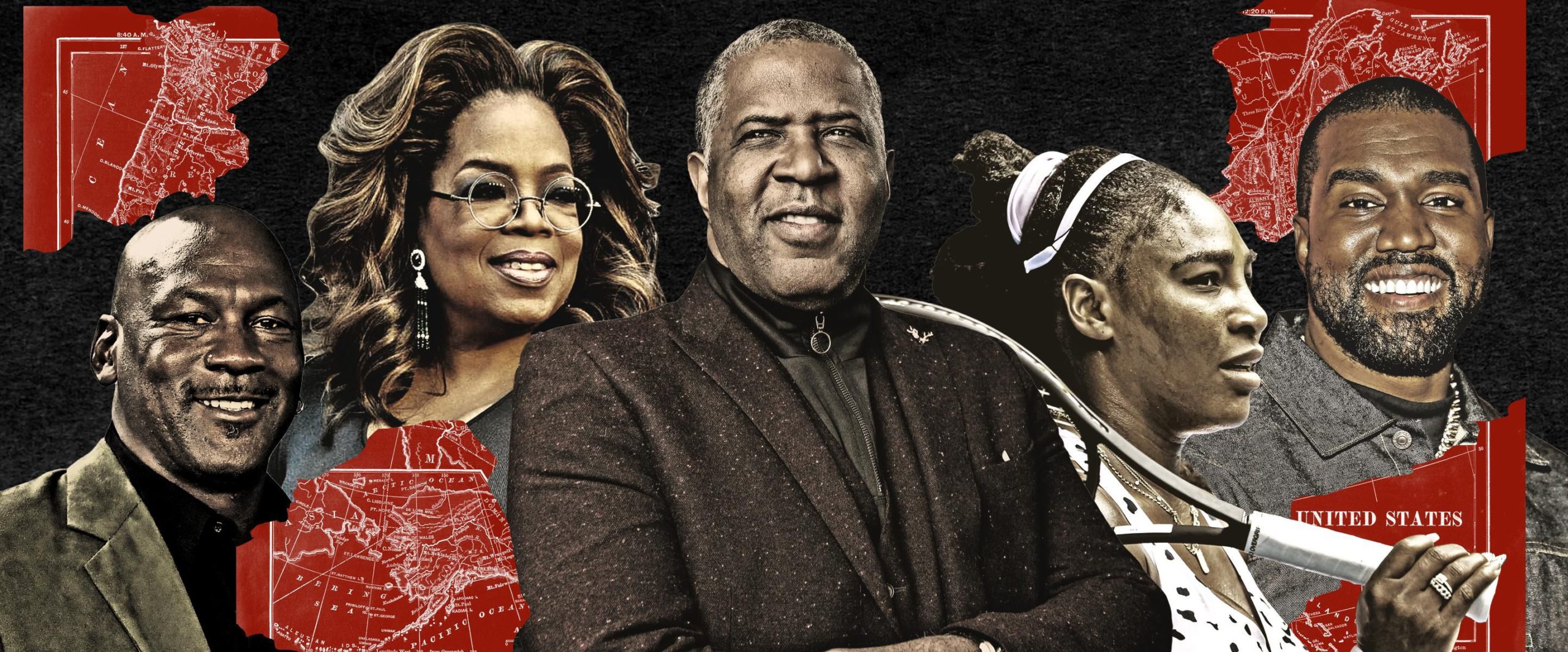Black history month runs from the 1st-31st October and celebrates the history and achievements of black communities around the world. This should be a time of reflection for businesses so here are five meaningful ways businesses and individuals can celebrate black history month.
1. Educate
Educate yourselves on how black figures have made a difference in your industry. Too often history has been whitewashed and the contributions of black people dismissed, overlooked or undermined. Do some research to see how your team can appreciate black figures that have changed the industry in which your business operates.
Starting points could include:
- Science and Education: John Edmonstone (1793-1822) was a former slave who lectured at Edinburgh University and taught Charles Darwin
- Acting: Ira Aldridge (1807-1867) was one of the highest paid actors in Shakespearean roles
- Hair and Beauty: Madam CJ Walker (1867-1919) was the first female self-male millionaire in the US
- Sport and Politics: Sir Learie Constantine (1901-1971) was the first black person to be awarded a life peerage
- Armed Forced: Lilian Bader (1918-2015) was one of the first black women to join the British Armed Forces
- Computer Science: Marc Hannah (1956-) developed technology for special effects used in Hollywood films
- Publishing: Margaret Busby (1944-) became Britain’s youngest and first black female book publisher.
2. Engage
While it is beneficial to educate yourself on black history by watching documentaries or reading on the topic, it’s a great idea to bring your colleagues together and engage with the subject at hand.
You could book a speaker who could share their experiences and help present the ongoing issues faced by the black community. Alternatively, you could host a film club or book club to review what you have been educating yourselves on more critically.
3. Review
Black History Month is the prime time to assess your company’s diversity policy. Make sure you have set yourself as an equal opportunities employer and that you can demonstrate this.
If you haven’t – why not? Perhaps you will need to reconsider bias in your recruitment process. Using this time to reflect will help lead to a more diverse and tolerant workforce and this makes for a healthier work environment.
4. Donate
By raising money for relevant causes or donating to charities focused on empowering black communities you can demonstrate your commitment to ending racial inequality.
There are causes that focus on changing the law, educating others or supporting people affected by hate crimes, racial discrimination and/or violence. Some of UK non-profits include Black Lives Matter UK (UKBLM), Black Minds Matter, Keash Salon Hardship Fund, UK Black Pride, Black Girls Camping Trip and Discrimination Law Association.
5. Commit
Admitting a need for change is not admitting defeat but a movement towards growth which is to be commended. This requires a constant effort. You need to have pledge to tackle workplace discrimination and you need to be committed to following through.
Image Credit: Forbes.com

